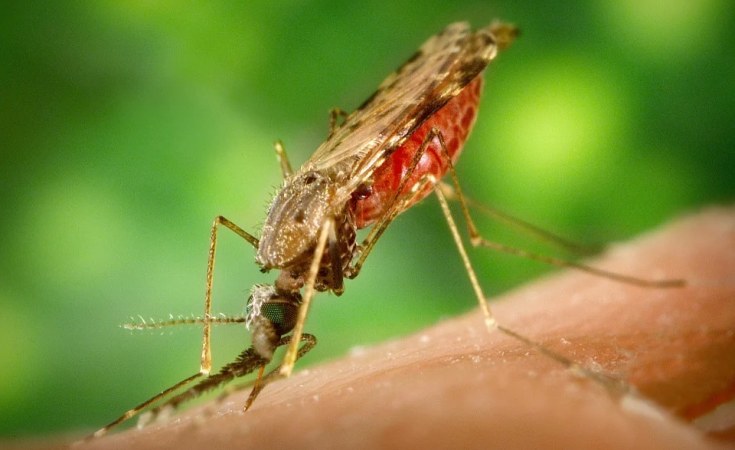Environmentalists and health activists have renewed calls for government to stop the use of DDT to eliminate malaria, saying it is harmful to the environment.
DDT (Dichlorodiphenyltrichloroethane) is a type of insecticide used during residual spraying of houses or breeding places for mosquitoes with the aim of killing the malaria-transmitting insects.
Activists claim that DDT contains organic pollutants that can have long lasting effects on human health and the environment. Ellady Muyambi, the secretary general of Uganda Network on Toxic Free Malaria Control (UNETMAC), told The Observer last week that government needed to find a more sustainable way of fighting malaria.
"There are alternatives to DDT to deal with malaria as demonstrated by examples from Kenya, Ethiopia, Mexico and Vietnam. These countries used mosquito nets and better housing conditions to fight malaria," Muyambi said.
UNETMAC brings together organisations concerned with the conservation of the environment. In 2008, government selected Apac and Oyam districts as pilot sites for large-scale residual spraying using DDT.
Muyambi said that during the exercise, World Health Organization (WHO) guidelines were not followed, something that could have put people's health at risk.
"Excessive concentrations of DDT were used and no containers were provided to households to manage the waste after DDT was sprayed," he said.
Malaria remains the leading cause of mortality in Uganda with at least 200 related deaths per day. Apac has one of the highest malaria incidents in Uganda. According to the National Malaria Strategic Plan (2005 -2011), a person in Apac is bitten by about 1,564 infected mosquitoes per annum.
UNETMAC and other organisations filed a court case last year challenging the use of DDT in residual spraying. It awaits a ruling.


